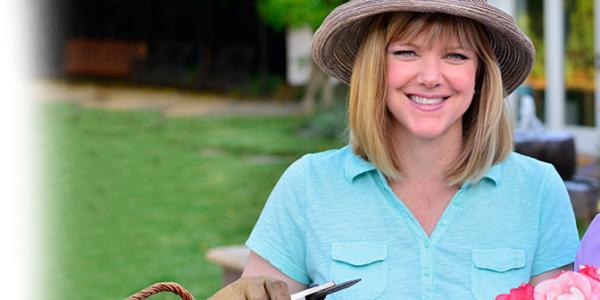
"I've battled depression most of my life," says Helen, 81, a patient who had volunteered with the Older Adult Transitions Services (OATS) at El Camino Hospital.
Although Helen doesn't know exactly what triggered her depression, family history and a cancer diagnosis played a role.
"My father was an alcoholic and likely was depressed, too."
Most scientists believe that depression passes genetically from one generation to the next.
Helen was seeing a doctor on a regular basis for years. In addition to her breast cancer diagnosis, she suffered from other unexplained illnesses, such as stomach pain.
"I was very sick for a long time," recalls Helen.
One day, Helen's doctor, Peter Yu, MD, said, "I think you are clinically depressed, Helen."
Helen was in her late 60s at the time, and had never been treated for depression. But what Dr. Yu told her made sense, especially given her family history and her many symptoms, which included not only physical ailments but also a general lack of energy and overwhelming negative feelings.
Helen began attending the OATS program at El Camino Hospital in 1999. She went three days a week to group therapy sessions and met with the program's psychiatrist, who prescribed anti-anxiety medication. She also talked with a case manager once a week.
Helen saw immediate results of the OATS program. Although medication was an important factor in treating Helen's clinical depression, the group therapy was life-changing.
"Cognitive behavioral therapy is the best part of the whole program," says Helen. "I had never expressed myself before."
Cognitive behavioral therapy is based on the idea that a person's mood is directly related to his or her patterns of thought. Negative, dysfunctional thinking can alter mood, self-image, behavior and physical feelings. Through cognitive behavioral therapy, a patient learns to recognize negative patterns of thinking and replace them with positive thinking.
Helen says therapy worked for her.
"I no longer let negative thoughts take over."
She also now tries to live her life according to six words she often heard at OATS: "Get up. Dress up. Show up."
Helen advises others suffering from depression to get help.
"If you have no energy, if you're always feeling bad about yourself and if you're not participating in life, seek help."
Helen now assists with a "Healing Circle" for those who have completed the OATS program, which is covered by Medicare for 12 weeks. It's been 13 years since Helen first came to OATS, and she says she hopes "to continue being involved as long as possible."